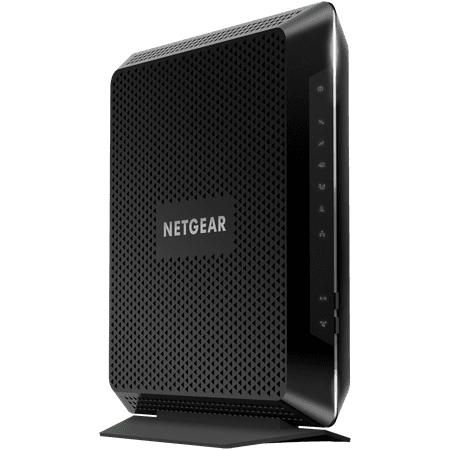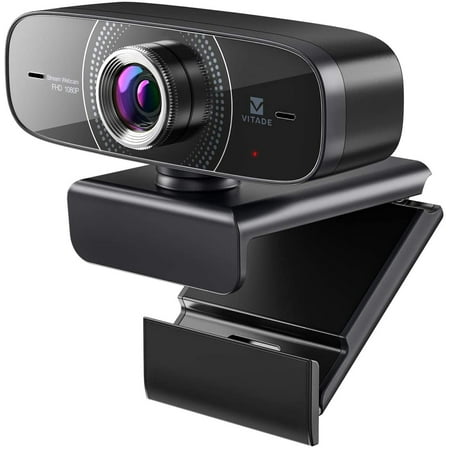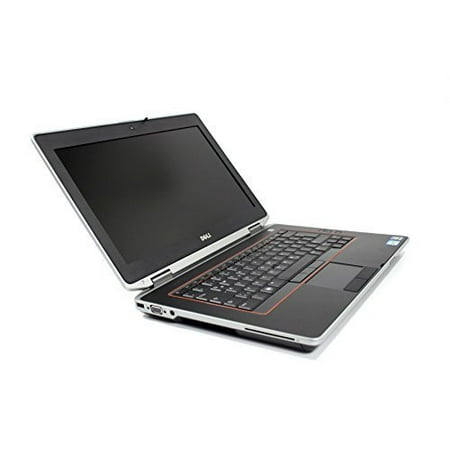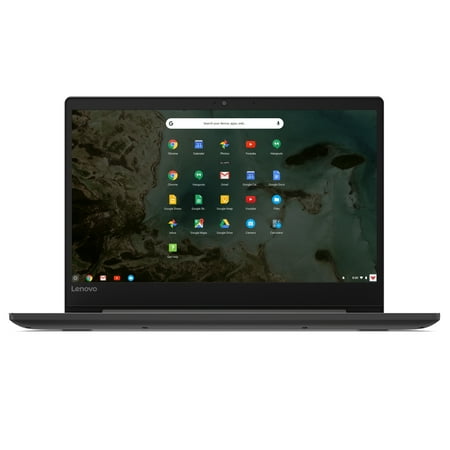NETGEAR AC1900 (24×8) WiFi Cable Modem Router C7000, DOCSIS 3.0 | Certified for XFINITY by Comcast, Spectrum, Cox, and more (C7000-100NAS)
The NETGEAR AC1900 WiFi Cable Modem Router C7000 DOCSIS three.zero offers network connectivity for all houses and small places of work. The Nighthawk AC1900 Cable Modem Router can provide WiFi speeds of up to 1.9Gbps. This Netgear AC1900 WiFi cable modem router guarantees uninterrupted HD video streaming with its 24 x 8 channel bonding. This product is good for streaming 4K HD motion pictures, quicker downloads, and high-speed online gaming. This cable modem router supports XFINITY from Comcast, Spectrum, Cox, Cablevision and lots greater.





NETGEAR AC1900 (24×8) WiFi Cable Modem Router C7000, DOCSIS 3.0Certified for XFINITY through Comcast, Spectrum, Cox, and more (C7000-100NAS):Compatible with Xfinity from Comcast, Spectrum, Cox, Cable ONE and plenty more3-in-1 DOCSIS three.zero Cable ModemAC1900 Wi-Fi Router4 Gigabit Wired SwitchUp to 960Mbps modem speed and Dual-Band AC1900 (2.4GHz and 5GHz) Wi-Fi speed24 x 8 channel bonding/accepted for plans up to 500 MbpsDOCSIS three.0 unleashes 24 times quicker download speeds than DOCSIS 2.zero.SystemRequirements Microsoft Windows 7, eight, Vista, XP, 2000, Mac OS, UNIX, or LinuxThis NETGEAR WiFi cable modem router is ideal for streaming 4K HD motion pictures, quicker downloads, and high-speed on line gaming





Reviews
There are no reviews yet.